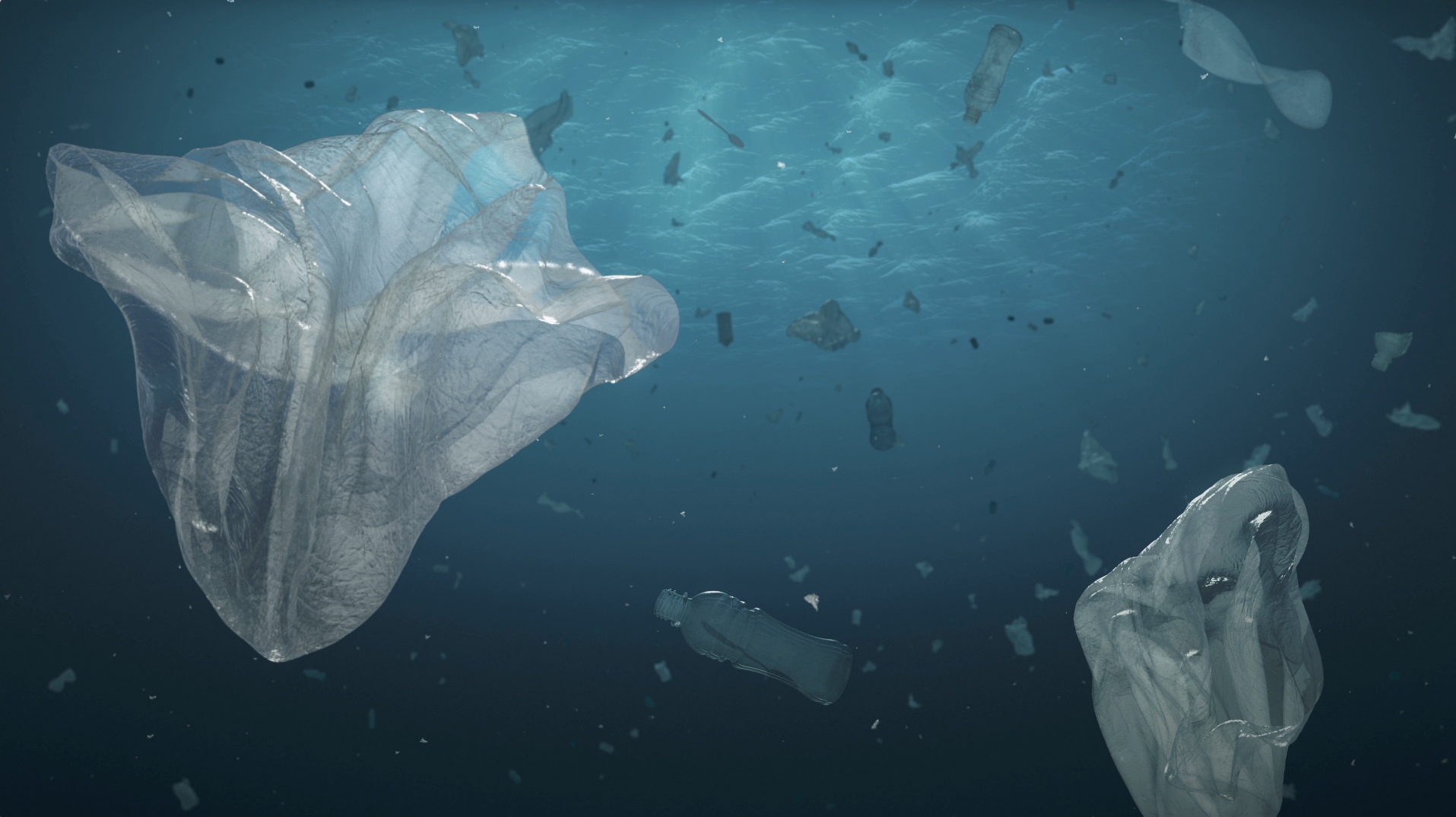It’s still not too late
but time is running out.
Vilokan’s industrial initiative to protect the world’s water.
We have developed an initiative to promote greater insight into, appreciation of and respect for the planet’s natural resources – a resistance movement against inertia, sluggishness and short-sightedness.
Based on facts and research, we can enable change, inspire progress and demonstrate financial benefits. Stewardship of the world’s water resources is a sustainability issue. Sustainability is the future and the future belongs to sustainable companies.
Water is one of the planetary boundaries, and the story of water has not yet reached its endpoint. And there are many of us who believe in a bright future. A future full of respect and appreciation for our blue planet. A future in which collaboration and a vision of a common world are valuable assets. A world where customers, consumers and employees expect, want and demand players to contribute as much as they can, and not get away with doing as little as possible.


Our seven objectives

The world’s industries can make a difference to the blue planet
Although 70% of the Earth is covered by water, only 2.5% of it is usable freshwater. What’s more, most of this freshwater is unavailable because it is frozen in glaciers or is so far underground that it is virtually inaccessible. This means that less than 1% of the world’s water is freshwater that is accessible to people, animals and plants. Precious drops that are vital for everything and everyone within the biosphere. A planetary boundary that must be respected.
As one of the largest consumers of water in the world, industry holds the power to make the biggest difference to the future of our planet. By implementing closed-loop systems where water is treated, reused and recycled, companies across a whole range of industry sectors can together change our way of thinking about this life-giving gift, which belongs to all of humanity.
Billions of people are already affected by severe water scarcity.
Around 733 million people live in regions with critical levels of water stress, and the quality of the water that more than 3 billion people rely on is unknown. While the world population is increasing, the amount of freshwater available per capita has decreased by one-fifth in the last two decades.
Europe has just experienced its worst drought in 500 years, the American west coast is suffering severe water shortages, and the scale of the challenge in India is immense. Naturally, the impacts of water scarcity on societies also affect all people who are involved in industrial activities. Industry itself is faced with making pivotal decisions to prevent suffering losses from downtime, shortfalls in quality or ethical dilemmas that can affect employees, customers and local communities.



 Svenska
Svenska







